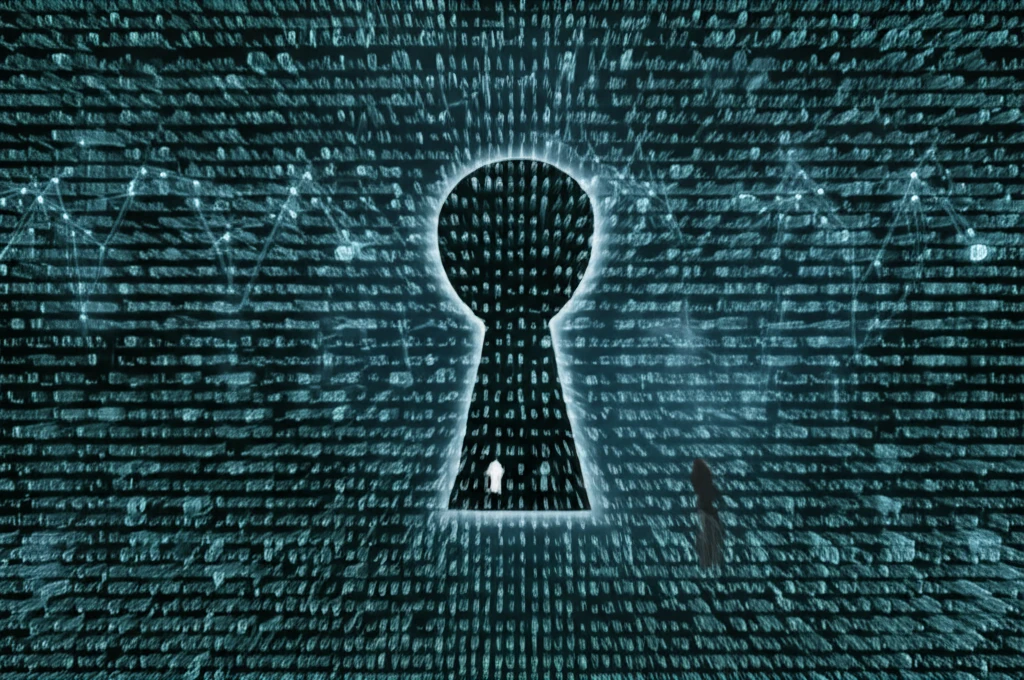
Is Your Privacy at Risk? Decoding the Complex World of Internet Law
"Navigating the digital landscape: Understanding your rights and the evolving legal battles shaping online privacy."
In today's interconnected world, the internet has become an indispensable part of our daily lives. From social media to online shopping and global communication, we're more connected than ever. However, this digital convenience comes with a complex web of legal considerations, especially regarding privacy, copyright, and free speech.
Internet law encompasses the legal principles that govern online activities, addressing issues from data protection and intellectual property to online contracts and freedom of expression. Understanding these laws is crucial for anyone who uses the internet, ensuring they can navigate the digital landscape safely and responsibly.
This article serves as a comprehensive guide to the core concepts of internet law, exploring how these regulations impact your digital footprint. We'll delve into recent legal cases, examine the rights and responsibilities of internet users, and provide actionable steps to enhance your online privacy and security.
Key Areas of Internet Law: What You Need to Know

Several key areas of law significantly shape the online world, impacting how we interact with digital technologies and each other. Understanding these core principles can help individuals, businesses, and policymakers alike.
- Data Protection: Laws like GDPR and CCPA govern how personal data is collected, used, and protected.
- Copyright: Copyright laws protect original works of authorship, including text, images, music, and videos. Online content creators have rights over their work.
- Free Speech: The First Amendment in the United States protects freedom of speech, but this right is not absolute and does not protect hate speech or incitement to violence.
- Cybersecurity: Laws address data breaches, online fraud, and other cybercrimes, including the Computer Fraud and Abuse Act in the US.
- E-Commerce: Legal rules govern online transactions, including consumer protection, contracts, and digital signatures.
Empowering Yourself in the Digital Age
Navigating the complexities of internet law can be challenging, but by staying informed and taking proactive steps, you can better protect your rights and privacy online. Remember to review privacy settings, understand copyright principles, and practice safe online behaviors. As technology continues to evolve, so will the legal landscape. Staying informed is key to staying safe.
